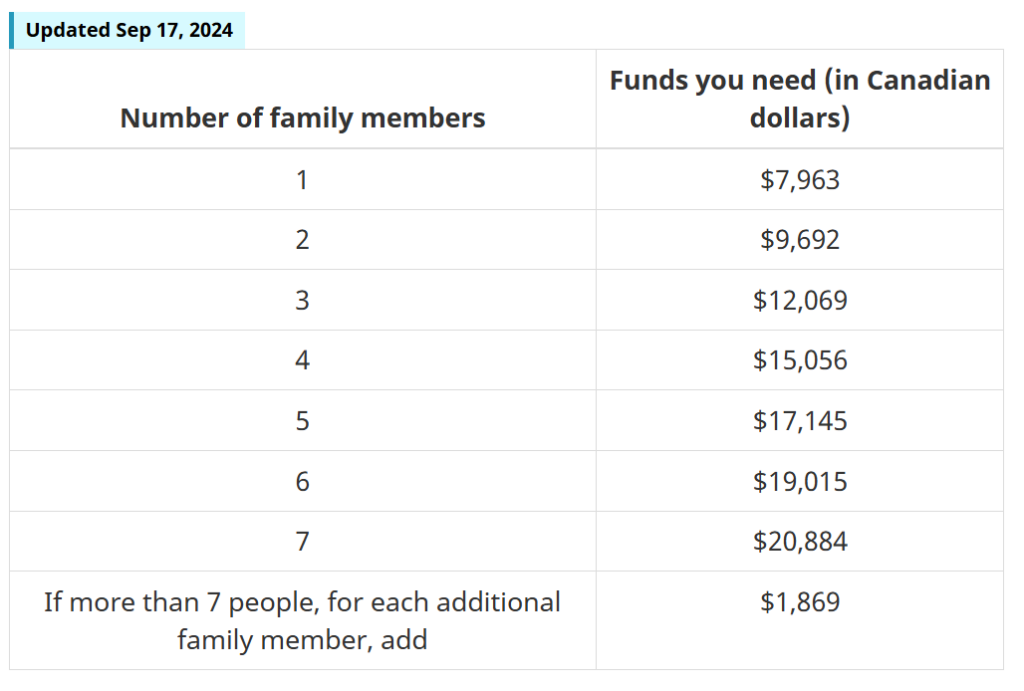Canada has always been a land of opportunities for immigrants, and the Canadian government continues to introduce innovative programs to attract skilled workers and address labor shortages in various regions. One such initiative is the Rural Community Immigration Pilot (RCIP) Program, launched in early 2025. This program is a game-changer for those looking to obtain Permanent Residency (PR) in Canada without the hassle of waiting for Express Entry draws or accumulating extensive work experience.
In this blog, we’ll dive deep into the RCIP Program, covering its eligibility requirements, benefits, application process, and why it’s a golden opportunity for immigrants in 2025. Whether you’re already in Canada or planning to move from abroad, this guide will provide you with all the information you need to take advantage of this unique immigration pathway.
What is the RCIP Program?
The RCIP Program is a pilot initiative introduced by Immigration, Refugees, and Citizenship Canada (IRCC) to address labor shortages in rural and smaller communities across Canada. Unlike other immigration programs, the RCIP allows candidates to apply for PR directly without waiting for periodic draws or meeting stringent work experience requirements.
The program is designed for individuals who are willing to live and work in designated rural communities. It’s a community-driven initiative, meaning that the participating communities themselves identify the labor gaps and sponsor candidates who can fill those roles. As of 2025, 14 communities have expressed interest in participating in the RCIP Program, and more may join in the future.
More details on communities individual website:
Pictou County, NS
North Bay, ON – coming soon
Sudbury, ON
Timmins, ON
Sault Ste. Marie, ON
Thunder Bay, ON
Steinbach, MB – coming soon
Altona/Rhineland, MB
Brandon, MB
Moose Jaw, SK – coming soon
Claresholm, AB
West Kootenay, BC – coming soon
North Okanagan Shuswap, BC – coming soon
Peace Liard, BC – coming soon
Need to discuss your options, feel free to reach out – BOOK APPOINTMENT
Key Benefits of the RCIP Program
- Direct PR Pathway: Unlike Express Entry or Provincial Nominee Programs (PNPs), the RCIP allows you to apply for PR directly without waiting for draws or invitations.
- No Work Experience Required (in Most Cases): One of the most attractive features of the RCIP is that many applicants do not need prior work experience to qualify.
- Community-Driven: The program is tailored to meet the specific needs of rural communities, ensuring that immigrants can contribute meaningfully to local economies.
- Lower Language Requirements: The language proficiency requirements are relatively low, with a minimum Canadian Language Benchmark (CLB) of 4 to 6, depending on the job tier.
- Exemptions for Students and Workers: If you’ve studied or worked in a participating rural community, you may be exempt from certain requirements, such as work experience.
Eligibility Requirements for the RCIP Program
To qualify for the RCIP Program, you must meet the following criteria:
1. Job Offer from a Designated Employer
You need a valid job offer from an employer in one of the participating rural communities. The job must be:
- Full-time and permanent (no end dates).
- Non-seasonal.
- From a designated employer who is willing to support your RCIP application.
The job offer does not require a Labor Market Impact Assessment (LMIA), making the process simpler for both employers and applicants.
2. Work Experience (if applicable)
If you are living or working outside the community or outside Canada, you need at least one year (1,560 hours) of work experience in the past three years. However, there are exemptions for certain groups:
- International Students: If you’ve completed a 2-year post-secondary program in a participating community, you may be exempt from the work experience requirement.
- Master’s Degree Holders: If you’ve completed a master’s degree (even a 1-year program) in a participating community, you may also be exempt.
3. Language Proficiency
You must meet the minimum language requirements based on your job’s tier:
- Tier 0 or 1 Jobs: CLB 6.
- Tier 2 or 3 Jobs: CLB 5.
- Tier 4 or 5 Jobs: CLB 4.
Accepted language tests include CELPIP General, IELTS General, PTE Core (for English), and TEF or TCF (for French).
4. Educational Credentials
You need to have at least a Canadian high school diploma or equivalent. If your education is from outside Canada, you must get an Educational Credential Assessment (ECA) to verify its equivalence.
5. Settlement Funds
You must demonstrate that you have sufficient funds to support yourself and your family while settling in the community. The amount required is relatively low compared to other immigration programs.

Exemptions and Special Considerations
The RCIP Program offers several exemptions to make it more accessible:
- No Work Experience for Students: If you’ve completed a 2-year post-secondary program or a master’s degree in a participating community, you do not need to show any work experience.
- Tier-Based Work Experience: If your job offer is in Tier 5 (lowest tier), you need one year of experience in the same NOC code. However, for higher-tier jobs, the experience can be in related fields.
- Healthcare Workers: Nurses and healthcare workers have additional flexibility. For example, a nurse (NOC 31301) can qualify for lower-tier jobs like nurse aide or home support worker without needing exact experience in those roles.
How to Apply for the RCIP Program
The application process for the RCIP Program is straightforward but requires careful preparation. Here’s a step-by-step guide:
Step 1: Check Your Eligibility
Before applying, ensure you meet all the eligibility requirements, including language proficiency, education, and settlement funds.
Step 2: Secure a Job Offer
Find a job with a designated employer in one of the participating communities. You can ask potential employers during interviews if they are part of the RCIP Program.
Step 3: Submit Your Community Recommendation Application
Once you have a valid job offer, your employer will submit your application to the community for endorsement. The community will review your application to ensure it meets their labor market needs.
Step 4: Receive Community Endorsement
If the community approves your application, you’ll receive a recommendation letter. This is a critical step, as it allows you to proceed with your PR application.
Step 5: Apply for Permanent Residence
With the community endorsement, you can now apply for PR through the RCIP Program. The process is direct, meaning you don’t need to wait for Express Entry draws or invitations.
Why Choose the RCIP Program?
The RCIP Program is an excellent option for immigrants who:
- Want to avoid the competitive Express Entry system.
- Are willing to settle in smaller, rural communities.
- Do not have extensive work experience but meet other eligibility criteria.
- Are looking for a faster and more straightforward pathway to PR.
Moreover, living in rural communities offers a high quality of life, affordable housing, and a strong sense of community. These areas are often overlooked by immigrants, making them less competitive and more welcoming.
You should consider..
The RCIP Program is a groundbreaking initiative that opens new doors for immigrants seeking Permanent Residency in Canada. With its relaxed eligibility criteria, community-driven approach, and direct PR pathway, it’s an attractive option for many.
If you’re considering applying for the RCIP Program, start by researching the participating communities and connecting with potential employers. Remember, this program is not just about securing PR—it’s about building a new life in a welcoming and supportive environment.
Stay tuned for more updates and detailed guides on the RCIP Program. If you found this blog helpful, don’t forget to share it with others who might benefit from this incredible opportunity.
Let me know if you’d like further assistance or additional details! Checkout Invest4K for booking appointment and downloading templates
